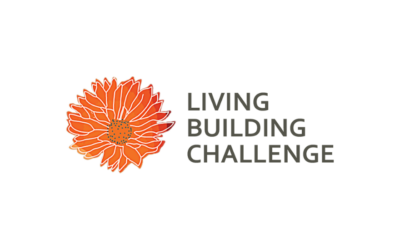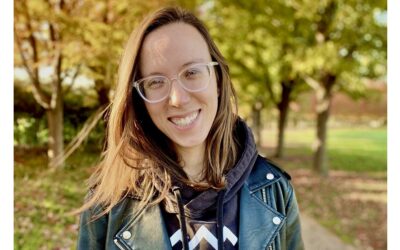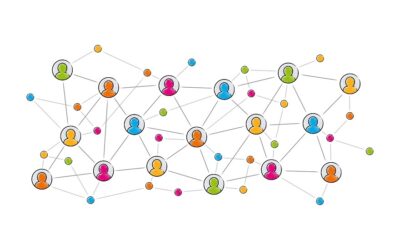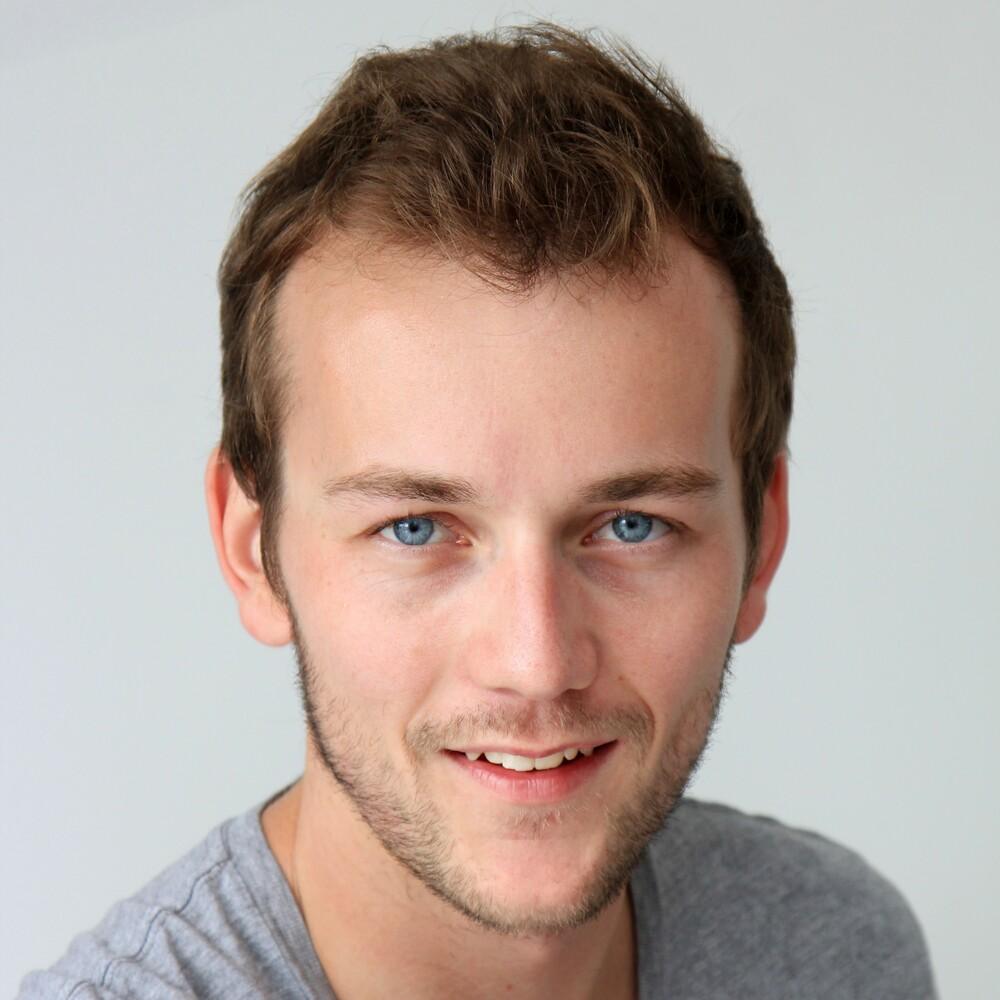By: The Canopy Team
The Canopy team was in full attendance at last week’s AZA National Conference in Baltimore! It was wonderful to see so many friends and colleagues in person again after three years of virtual meetings! As Lori Perkins observed, “The vibe I felt was one of reunion—there was a real sense of friends happy to see one another again after so long. I couldn’t walk ten feet without someone rushing up with a hug, and I couldn’t have a conversation without having to interrupt myself to greet a pal walking by.”
We share our team members’ takeaways over a range of topics below and will present a focused recap of Kathy Wagner’s session “Women in Leadership: Men’s Voices—Advocate, Ally, Apathetic, or Antagonist?” next week.
Compensation:
- Since hiring and training a new employee can cost three to four times that employee’s yearly salary, it’s best to do it once and do it right.
- Building a strong recruitment pipeline, getting community partners to help support internships, adding “stay” incentives, and increasing the flexibility of positions can all help recruitment and retention efforts.
- Kiosks can not only reduce the number of staff needed, but they can also convert staff from “servers” (derogatory, hierarchical) into “helpers” (positive, contributing). This perception can make the working environment much more pleasant for employees.
- Don’t overlook your organizational culture! Exit interviews are a great tool to help you discover why employees are leaving/quitting. Making sure employees have a voice, feel welcomed and included, can contribute to the mission, and have some pathway to career progression are all important pieces of employee retention.
Pricing:
- Fully dynamic pricing is catching on at many large institutions. However, many smaller institutions can get many of the benefits of fully dynamic pricing by setting daily limits on ticket sales, timing tickets, or setting seasonal rates. These changes can often be made without completely changing your ticketing software or provider.
- Ticketing changes can be confusing and frustrating to visitors—in addition to increased signage (at facility and on website), volunteers or staff should be trained to help customers through the changes for some time.
- Fully online ticket sales can eliminate staffing costs and cash handling costs, though this is not always a possibility for every organization.
- By timing or limiting daily tickets, consumers will naturally start to spread out to less busy days/times.
Technology:
- Most institutions keep their data in silos—with only specific departments able to access specific data. The ability to upgrade to a full CRM can help integrate attendance, membership, and donor data. With this data, important insights can be gained about your audience. Furthermore, a full integration of data allows organizations to ask deep, complex questions like “how does attendance affect animal behavior?” or “how do staffing levels affect food sales?”
- New technologies allow zoos and aquariums to track their visitors both inside and outside of the park—this is a great way to better understand your audience, drive sales, and cultivate new donations.
- New ticketing software, kiosks for tickets and food purchases, and visitor tracking tools are in use by the largest institutions and will soon be cheap enough for medium-small institutions to start considering.
DEAI:
- Lori Perkins was encouraged by the repeated message that our community must learn to become comfortable with discomfort to advance the AZA’s 5th Promise: “We will advance diversity, equity, access, and inclusion practices in the profession and integrate these as values into our organizational cultures.” This message tied in nicely to the session “Good Intentions, Setbacks, and Success: The DEAI Journey”, that Lori moderated on Wednesday afternoon.
- Reaching out to colleagues who are at different points along the journey is an excellent way to gain the courage to move forward; and learning about others’ missteps as well as their successes can give us the confidence to begin.
- Dr. Mamie Parker, a Board of Directors Member for the National Wildlife Federation, offered these key quotes related to DEAI: “We need to keep the party going” and “We need to speak for others who can’t speak for themselves.”
Animal Welfare/Wellbeing:
- Lori was pleased to see clear action on animal wellbeing and the initiation of a solid plan. A seemingly small piece of that effort is in reclaiming the word “happy” to describe animals in our care—something for which many have long advocated. Using more accessible language and letting people know how much we genuinely care for and about the wildlife we manage is a big step towards gaining improved credibility and connection with our communities.
Leaders (Current and Next Generation):
- Zach Winfield observed: “Having attended more than a dozen AZA conferences, I’ve started to feel like I know what to expect when I walk into a session. That assumption was turned upside down when I stepped foot into the Evening Buzz session, which was emceed by Chris Corpus, Director of Conservation at the Dallas Zoo, and Craig Saffoe, Curator (Large Carnivores) at the National Zoo. This session featured quick-hit, five-minute presentations (stopwatch timed!) from AZA community members who otherwise would maybe not have had the chance to get up on stage: junior educators and conservationists, young animal care staff, and even some graduate students! It was unlike any session I’ve ever been to. The passion and energy of the presenters was infectious, the crowd was lively and there was a bar! Every conference attendee should try and attend this session at least once (if not every year). We can all take a lesson from the next generation, and it was a good reminder that conference sessions can be light-hearted and fun while still being educational.”
- AZA leaders were showing vulnerability and openness—there was emotion, and a few tears, and not just from the women speakers. It’s encouraging to think that the men in leadership roles may be becoming more comfortable in vulnerability. That bodes well for our community’s ability to move forward with the necessary leadership skills to connect with their teams. [More on this topic in next week’s Women in Leadership session recap!]
Strategic Culture:
- The “Strategic Cultural Development: Intentional Change From Every Angle” session, moderated by Kathayoon Khalil, PhD, spoke to several examples of other AZA member insitutions where relatively new directors have entered into unsteady situations and worked to unite staff under a common purpose, using that as one tool to help repair morale issues.
Work/Life Balance:
- Kathayoon Khalil, PhD was a panelist on the session “What a Year This Week Has Been: Finding a Healthier, More Balanced Approach to Our Work”. This “un-session” featured five ways to relax, decompress, and just take a break. Participants did yoga in the conference halls and people stopped to join who weren’t even in the session! The group also wrote letters to their future selves, played games, meditated, and completed a gratitude exercise. Folks left the session saying that they felt rejuvenated and more relaxed.
Final Thoughts:
These quotes hit a chord with Kathy Wagner:
- “We are living organisms in a dying world.” -Bridget Coughlin, CEO, Shedd Aquarium
- “We can tell people who we are through our exhibits—they speak for us.” -Jon Dohlin, CEO, Fresno Chaffee Zoo
- “Give your team responsibility and ownership for strategic plan implementation—allocate some of their time to a plan ‘pillar.’” –Jon Dohlin, CEO, Fresno Chaffee Zoo
We hope you all also left the conference feeling exhausted but with a full heart and excited brain!





